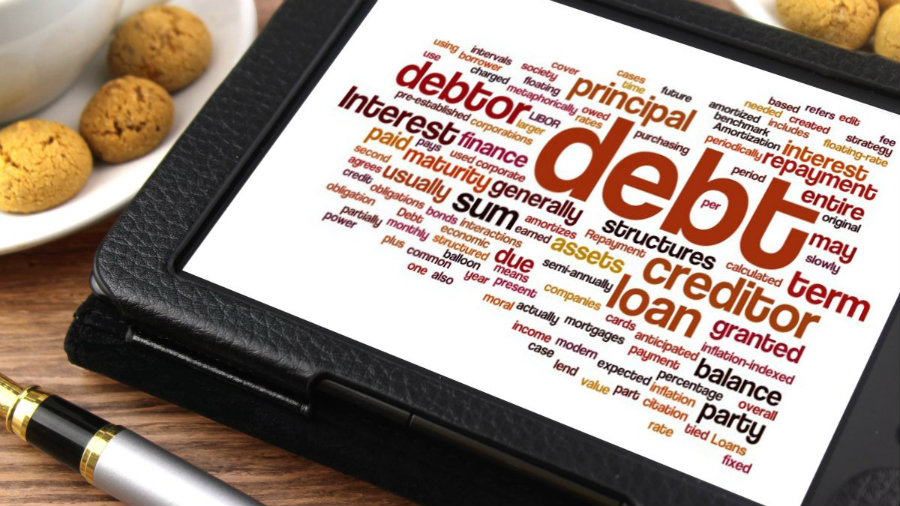Do a Google search of the words “retail apocalypse,” and you get 368,000 results, many of them foretelling the end of brick-and-mortar retail as we know it.
It’s scary stuff.
A few days ago, I read one of the many articles floating around about the Toys “R” Us bankruptcy. The Washington Post author is lamenting the loss of the famous toy store chain, suggesting it’s the only retailer suffering under the current retail apocalypse that brings him actual pain.
There are those two words again: retail apocalypse.
It got me so annoyed — not the author’s words mind you — but the continuous casual use of these two words that don’t actually explain what’s going on here.
The problem isn’t retail. The problem is debt, and if companies and individuals in both Canada and the U.S. don’t smarten up, we’re going to have a “debt apocalypse,” and that will be much more painful than the one retail is supposedly experiencing.
Here in Canada
I recently called Dollarama Inc. (TSX:DOL) one of the top three TSX stocks to buy trading at $100 or higher. The move to $4 items while also accepting credit cards for the first time in 2017 has created a cash flow machine.
In a flippant remark, I put off my colleague Jacob Donnelly’s concern about Dollarama’s $1.4 billion in debt, suggesting its free cash flow would more than cover increasing leverage.
It probably will, but reading another article about Toys R Us in The New Yorker made realize that Jacob is right. Debt is a problem — one that investors ought to consider when assessing any holdings.
“At the time of its Chapter 11 filing, Toys R Us estimated its debt at more than five billion dollars. It was paying four hundred million dollars a year to service that debt — far more than it was spending on its stores and computer systems,” wrote The New Yorker’s Amy Merrick. “Media reports this week blamed the failure of Toys R Us, in part, on the rise of online shopping — and, implicitly, Amazon, which dominates the online space. But by the time Wal-Mart moved past Toys R Us [total toy sales], in the late nineties, Amazon was only four years old, and was just beginning to expand beyond books.”
Coincidentally, one of the private equity firms involved with Toys R Us is Mitt Romney’s old firm, Bain Capital, which took Dollarama public in 2009. The private equity firm acquired Dollarama from founder Larry Rossy in 2004 for $1.05 billion; $600 million of its debt was provided by several banks. That got the debt ball rolling; it’s more than doubled since.
Private equity playbook
I’m not suggesting that every deal private equity does end up like Toys R Us, but a lot do, and only because of home runs like Dollarama are they able to keep the lights on.
That’s why I’m very skeptical about the Roots IPO.
It had less than $20 million in debt before it sold 80% of the company to Searchlight Capital Partners in 2015; today, it has almost eight times as much — a huge amount to add to any firm over a short two-year period.
If you own stock in a business that has a lot of debt, it’s not just about the absolute number; it’s also about the speed at which it accumulated the debt.
Going from $20 million in debt to $120 million over 10 years is a much different story than doing it in 24 months, as Roots did. It provides absolutely no cushion should the plan not work out.
The right way
One of my favourite stocks is Premium Brands Holdings Corp. (TSX:PBH), a Vancouver-based food company that makes acquisitions by the boatload, successfully integrating them into the company while growing free cash flow — the necessary ingredient for debt repayment.
Over the past decade, Premium Brands grew revenues to $1.9 billion in 2016 from $217 million in 2006; earnings before interest and taxes grew from $17 million to $113 million; and long-term debt grew from $11.9 million to $152 million.
During this 10-year period, its free cash flow increased six-fold to more than $120,000, or $4 per share, leaving plenty to pay its dividend and pay down its debt.
So, the next time someone talks about the retail apocalypse, tell them it’s more likely to be the debt apocalypse.








